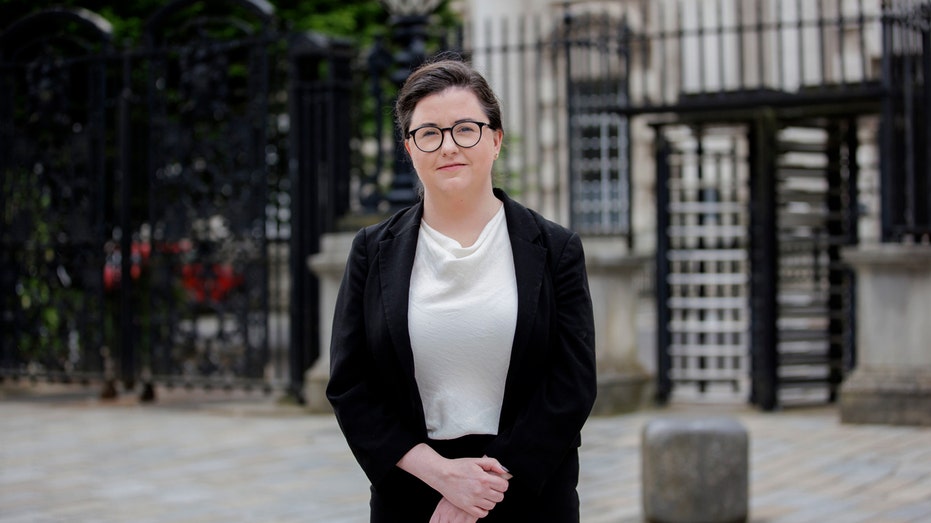Belfast judge says parts of the UK's migrant deportation law shouldn't apply to Northern Ireland
A Belfast judge has ruled that the law in the U.K. to deport migrants should not apply in Northern Ireland as parts of it undermine human rights protections.

The United Kingdom's law to deport asylum-seekers shouldn't apply in Northern Ireland, because parts of it violate human rights protections, a Belfast judge ruled Monday.
The Illegal Migration Act was incompatible with the European Convention on Human Rights and undermines rights provided in the Good Friday peace agreement of 1998, High Court Justice Michael Humphreys said.
US CAN LEARN FROM CONTROVERSIAL UK POLICY AS FIRST MIGRANTS ROUNDED UP FOR DEPORTATION, EXPERT SAYS
U.K. Prime Minister Rishi Sunak said that the government would appeal the judgment.
The law is central to Sunak's contentious plan to deport some migrants to Rwanda, but it wasn't immediately clear what impact the ruling would have on that initiative.
While the prime minister’s office said the ruling wouldn’t derail or delay Rwanda deportations that the U.K. government says will begin in July, a lawyer whose client prevailed in bringing the case said the law wouldn't apply in Northern Ireland.
"This is a huge thorn in the government’s side," attorney Sinéad Marmion said. "There’s a huge obstacle in the way of them being able to actually implement that in Northern Ireland now."
The law was created to deter thousands of migrants who risk their lives crossing the English Channel to claim asylum in the U.K. by creating the prospect that they would be sent to the east African country. It allows those who have arrived illegally to be deported to a "safe" third country where their claims can be processed.
While the U.K. Supreme Court struck down flights to Rwanda, because it said that the nation was unsafe, a subsequent bill pronounced the country safe, and that makes it harder for migrants to challenge deportation. It also allows the U.K. government to ignore injunctions from the European Court of Human Rights that seek to block removals.
Humphreys found that parts of the law violated human rights protections of a post-Brexit deal signed between the U.K. and European Union last year. That agreement, known as the Windsor Framework, said that it must honor the peace accord that largely brought an end to the Troubles — 30 years of violence between British unionists and Irish nationalists.
The leader of the Democratic Unionist Party said that the U.K. government had been repeatedly warned that its immigration policy wouldn’t apply in Northern Ireland, because it was incompatible with the post-Brexit agreement with the E.U.
"Whilst today’s judgment does not come as a surprise, it does blow the government’s irrational claims that the Rwanda scheme could extend equally to Northern Ireland completely out of the water," DUP Leader Gavin Robinson said.
Sunak said that the Good Friday agreement wasn't intended to be "expanded to cover issues like illegal migration."
The law was challenged by the Northern Ireland Human Rights Commission and a 16-year-old Iranian boy who crossed the English Channel last year without any parents and claimed asylum in the U.K. The boy, who is living in Northern Ireland, said he would be imprisoned or killed if he's sent back to Iran.
The judge placed a temporary stay on the ruling until later this month.
What's Your Reaction?
















